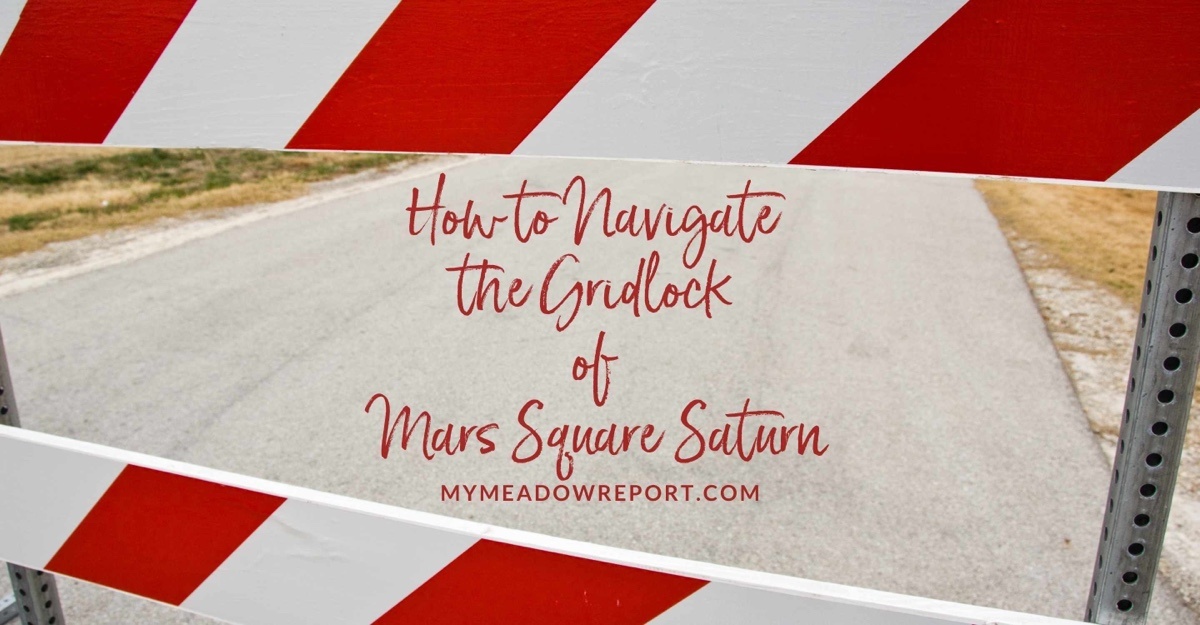When it comes to relationship astrology, the connections between two individuals’ Moons play a prominent role in shaping the landscape. Your natal lunar placement reveals your needs for comfort, security, and emotional responses. So, it’s no wonder that synastry aspects involving the Moon are crucial in determining how easily two people can find solace with each other.
But here’s the catch: relying solely on one synastry aspect to describe the complexities of a relationship would be like painting an entire landscape with just one color. While the Moon and Uranus inter-aspects offer valuable insights, they are just one piece of the puzzle.
Contents
The Importance of Perspective
Sure, the Moon holds significant sway, but perspective is equally valuable. Uranus, also known as The Awakener, offers a fresh perspective. When it aspects another person’s Moon, gaining new perspectives becomes vital for a thriving relationship.
Speaking of which, let’s take a step back and examine the bigger picture. Uranus is the modern-day ruler of Aquarius—a sign associated with harmony, understanding, and trust. But, on the flip side, it also symbolizes the need for space, sometimes to the point of alienating others.
Within this unique blend of bonding and separation lies a clue about the nature of relationships with a strong Uranian flavor.
Relationships with a Strong Uranian Flavor
What does it mean to have a relationship with a strong Uranian flavor, particularly through a synastry aspect between the Moon and Uranus? It entails a certain push and pull dynamic, where intimacy is mixed with a need for personal space.
Imagine saying, “I love you. Now please go away for a while so I can miss you.” It might sound unconventional, but it’s not unusual for one partner to require some solitude. However, the challenge arises when both partners aren’t on the same page regarding the timing and duration of these alone moments.
That’s when suffering can occur. If you find yourself deeply involved with someone who has a strong Uranus influence on your Moon, it’s crucial to maintain a sense of perspective and emotional maturity. While it’s natural to crave nurturing and care in our lunar spaces, Uranus has little patience for such demands. It prefers to swiftly make an exit, embracing freedom and liberation.
But what else would you expect from planetary energy known for overthrowing the status quo?
Embracing the Nature of Moon-Uranus Relationships
Once a relationship settles into a comfortable routine, it becomes the status quo. But here comes Uranus, disrupting the equilibrium and potentially leading one partner to exit the scene. However, this dynamic can work if both partners appreciate and embrace the need for solo time.
Do you happen to have the Moon, Mercury, Venus, or Mars in Aquarius? If so, you likely understand the importance of freedom and can navigate the effects of a Moon-Uranus square or opposition more easily.
Of course, some aspects are easier to process than others. But remember, the ease or dynamism of an aspect doesn’t change the off-beat nature of a relationship marked by a Moon-Uranus aspect. Closeness and distance will be periodic occurrences. It’s up to you to decide how you feel about it and how to handle it.
Exploring Different Moon-Uranus Synastry Aspects
Let’s delve into various Moon-Uranus synastry aspects to illustrate how they can shape relationships:
Sextile – Chance After Chance to Reconnect
Suppose my Moon in Libra forms a pleasing sextile with your Uranus in Leo. This aspect signifies an opportunity to connect deeply. We experience sparks and revelation, learning more about ourselves and each other.
It feels exhilarating. We ride the wave until life’s circumstances separate us—likely you, the Uranian one. While I miss you during our time apart, I understand that you have other commitments. Depending on my natal chart and personal factors, I may be okay with it, knowing that we’ll reunite in the future. These sextile connections offer multiple chances to reconnect, creating moments of intense togetherness.
Trine – Instant and Inexhaustible Chemistry
In another scenario, your Moon in Gemini forms a trine with my Uranus in Libra. Boom! Instant attraction. It’s as if we’ve finally discovered each other after a lifetime of searching. Our unique quirks align seamlessly, and even when separated by distance, we maintain a telepathic bond. During our time apart, you happily engage with friends and activities, waiting for our next reunion. This synastry trine signifies instantaneous and unceasing chemistry.
Now, imagine my Moon in Virgo conjuncting your Uranus (and possibly Pluto if you were born in the mid-sixties). This aspect feels very different from a sextile or trine. I feel your presence strongly, but I’m unsure if I should embrace it. It’s like trying to climb a barbed wire fence—impractical and challenging. You surprise me with spontaneous outings, which can be unsettling for us both.
With this aspect, intermittent reunions become commonplace. How we cope depends on the dynamics of the rest of our charts. Perhaps my Moon is in the 12th House, making solitude a regular necessity. Maybe your Uranus resides in the 7th House, where time apart is deemed essential for committed partnerships.
Square – Friction and Growth
Suppose your Moon in Pisces squares my Uranus in Sagittarius. It’s not the smoothest aspect. Both of us tend to view things through rose-colored glasses, thanks to the influence of Jupiter on your Moon and my Uranus. We aspire to greater things, but lousy timing becomes an issue. That’s the nature of squares—they give the illusion of a yes, but…
Imagine someone teasingly offering you an enchilada, but only providing it one bite at a time, with extensive gaps between each bite. It can be frustrating. However, despite the challenges, a Moon-Uranus square can foster personal growth. It may not feel comfortable, but friction often leads to personal development.
Opposition – Finding the Middle Road
If your Uranus in Scorpio opposes my Moon in Taurus, we face some difficulties. On one hand, my exalted Moon in Taurus signifies self-care and nurturance. I know how to take care of myself and others, including you. But there’s an inherent lack of connection in an opposition. It can feel like we struggle to understand each other fully, often leading to moments where one of us might as well not be present.
Navigating an opposition requires finding the middle ground. This is the still point of enlightenment and healing for both partners. While a synastry opposition involving the Moon is deeply personal and challenging to ignore, the other aspects of your charts and relationship dynamics also play significant roles.
In essence, Moon-Uranus synastry aspects introduce a degree of separation into a relationship. Uranus, unlike Saturn, emphasizes separation rather than consolidation. Humans tend to form strong attachments, but true growth often lies outside our comfort zones.
Ultimately, the nature of the aspect between the Moon and Uranus determines the phases of separation within your relationship. Absence will be a recurring theme, with moments of both thriving and moments of madness. One thing is certain: you won’t be bored.
Conclusion
Moon-Uranus synastry aspects provide valuable insights into the dynamics of a relationship. While the Moon represents our emotional needs and desires for closeness, Uranus introduces the need for space and liberation. Understanding and embracing the unique demands of your Moon-Uranus connection will help you navigate the ebb and flow of togetherness and separation.
Remember, relationships are complex, and one aspect alone cannot fully capture their intricacies. So, embrace the Moon-Uranus dance in your relationship, and let it guide you towards growth, understanding, and the occasional adventure.

